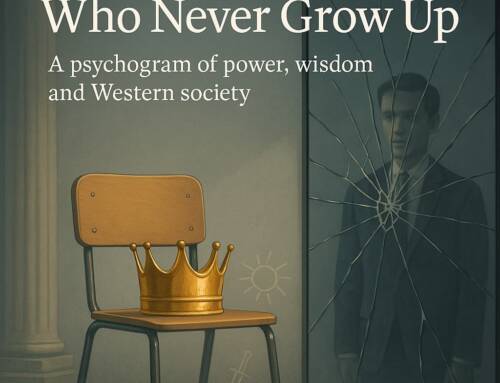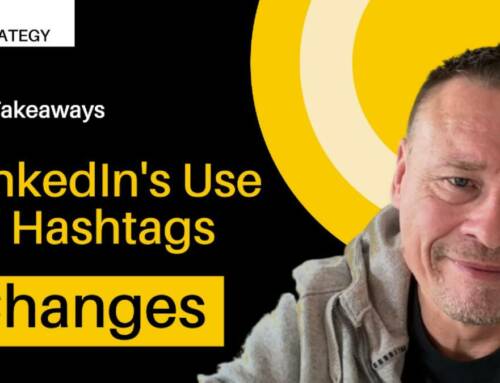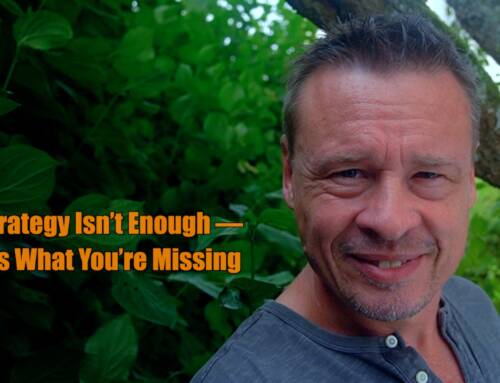Public relations interviews are an essential tool for promoting projects and messages in the international development cooperation sector. While it’s crucial to ask the right questions during an interview, there’s also another crucial aspect to consider: editing and the role of the interviewer.
In a PR interview, the goal is to elicit informative and concise responses that highlight the project or message being promoted. That’s why interviews are often edited to ensure that the final product is both informative and engaging. Editing can involve cutting out tangents or redundancies, and even rearranging the order of questions or answers to create a more compelling narrative.
But editing is just one piece of the puzzle. Another crucial factor is the role of the interviewer. Unlike hard-hitting journalists who may ask tough or uncomfortable questions, PR interviewers are usually friendly and approachable. They want to put the interviewee at ease and ensure that they present themselves and their message in the best possible light.
This approach can be effective in building rapport and getting the interviewee to open up and provide engaging answers. However, it can also have its drawbacks. A friendly interviewer may unintentionally steer the conversation away from important topics or fail to challenge the interviewee’s answers when necessary.
To mitigate these risks, it’s essential to have a clear plan for the interview and to provide the interviewer with guidance on the topics to cover and the type of questions to ask. This can help ensure that the interview stays focused and that the interviewee provides the necessary information.
Tough questions are good questions
While it may be tempting to only conduct friendly interviews that portray your project or organization in the best light possible, it’s important to remember that credibility and authenticity are key components of effective public relations.
By simulating a journalistic interview with tough questions, you can demonstrate that you’re willing to address potential concerns or criticisms head-on. This not only shows a level of transparency and honesty that can increase your credibility, but it also helps to build trust with your audience.
Furthermore, a tough interview can give you an opportunity to provide more nuanced and thoughtful responses, rather than relying on pre-prepared talking points or canned responses. This can showcase your expertise and provide more depth to the conversation, which can be more compelling to audiences. You can also pick up on criticism that some industry players or NGOs have mooted and clarify your side of what is going on.
PR interviews are a valuable tool for promoting projects and messages, but they require careful planning and consideration of both the questions asked and the role of the interviewer. By keeping these factors in mind, you can ensure that your PR interviews are effective and engaging, and that your message reaches its intended audience — especially by embracing tough questions in your PR interviews, you can improve your authenticity and credibility, build trust with your audience, and provide more meaningful insights into your project or organization.
NB: The article was created with support of chatgpt and the visual with DALL-E




